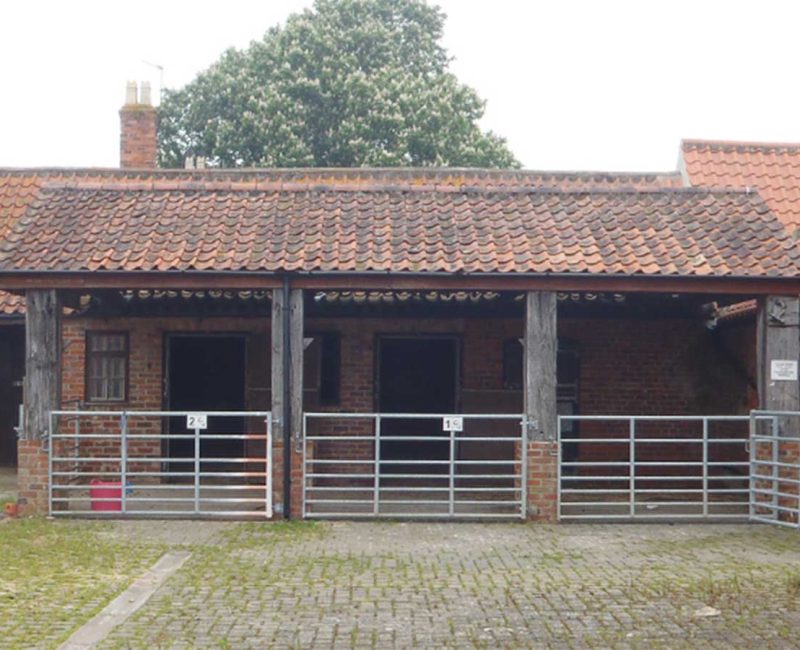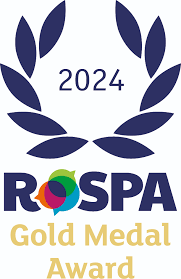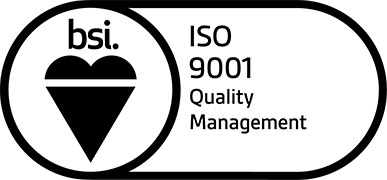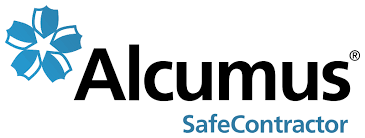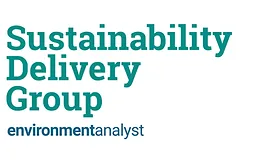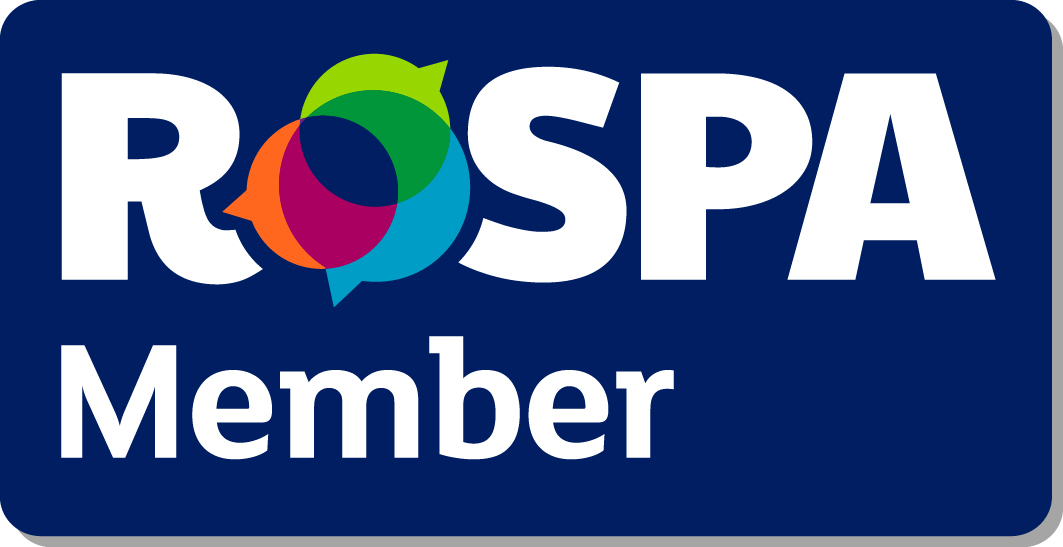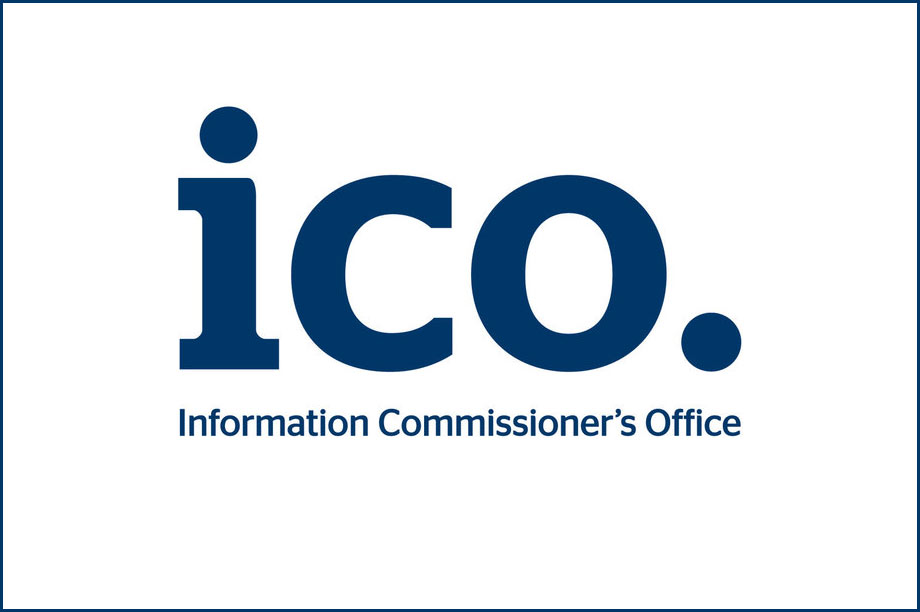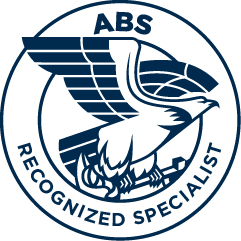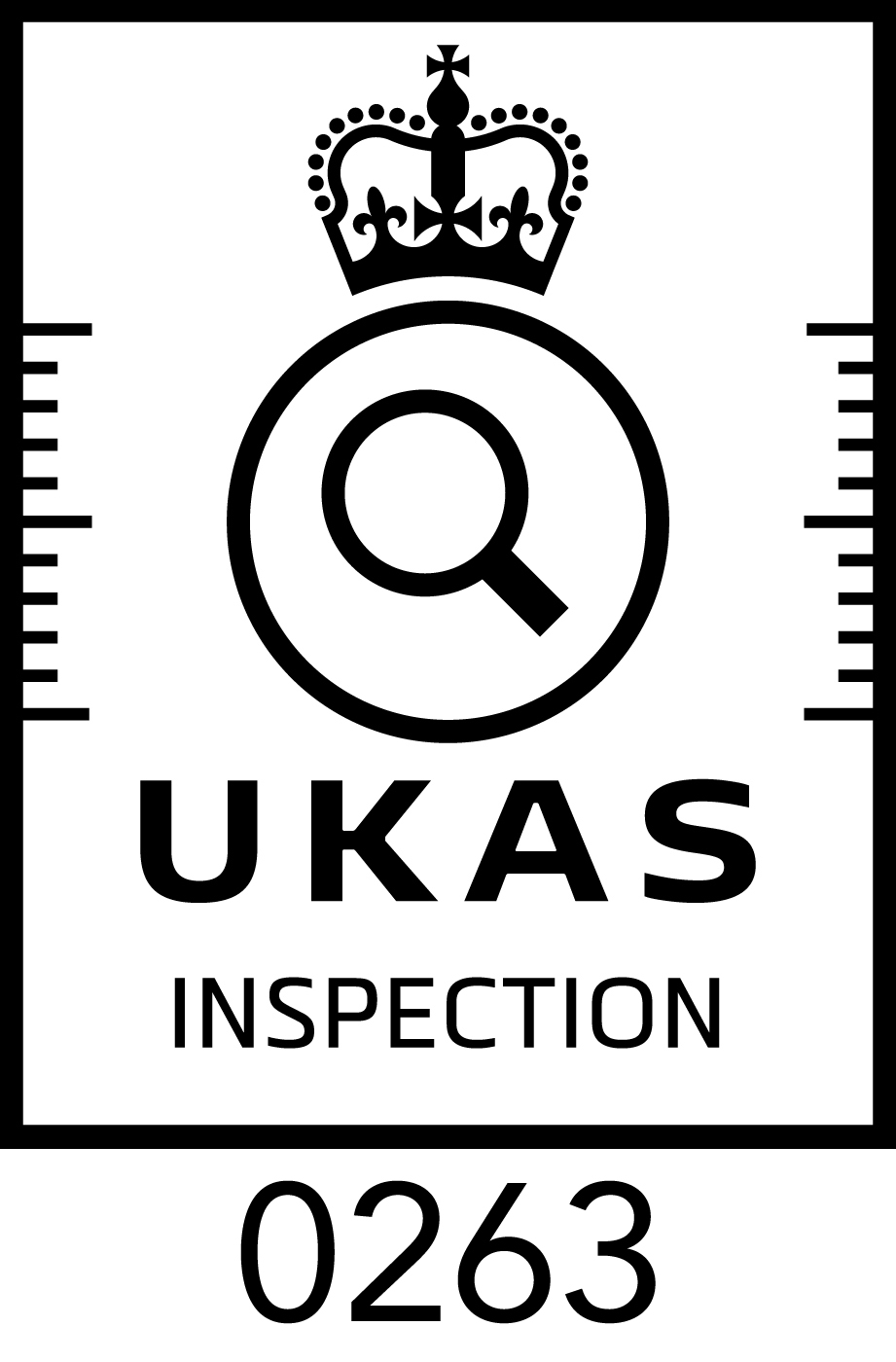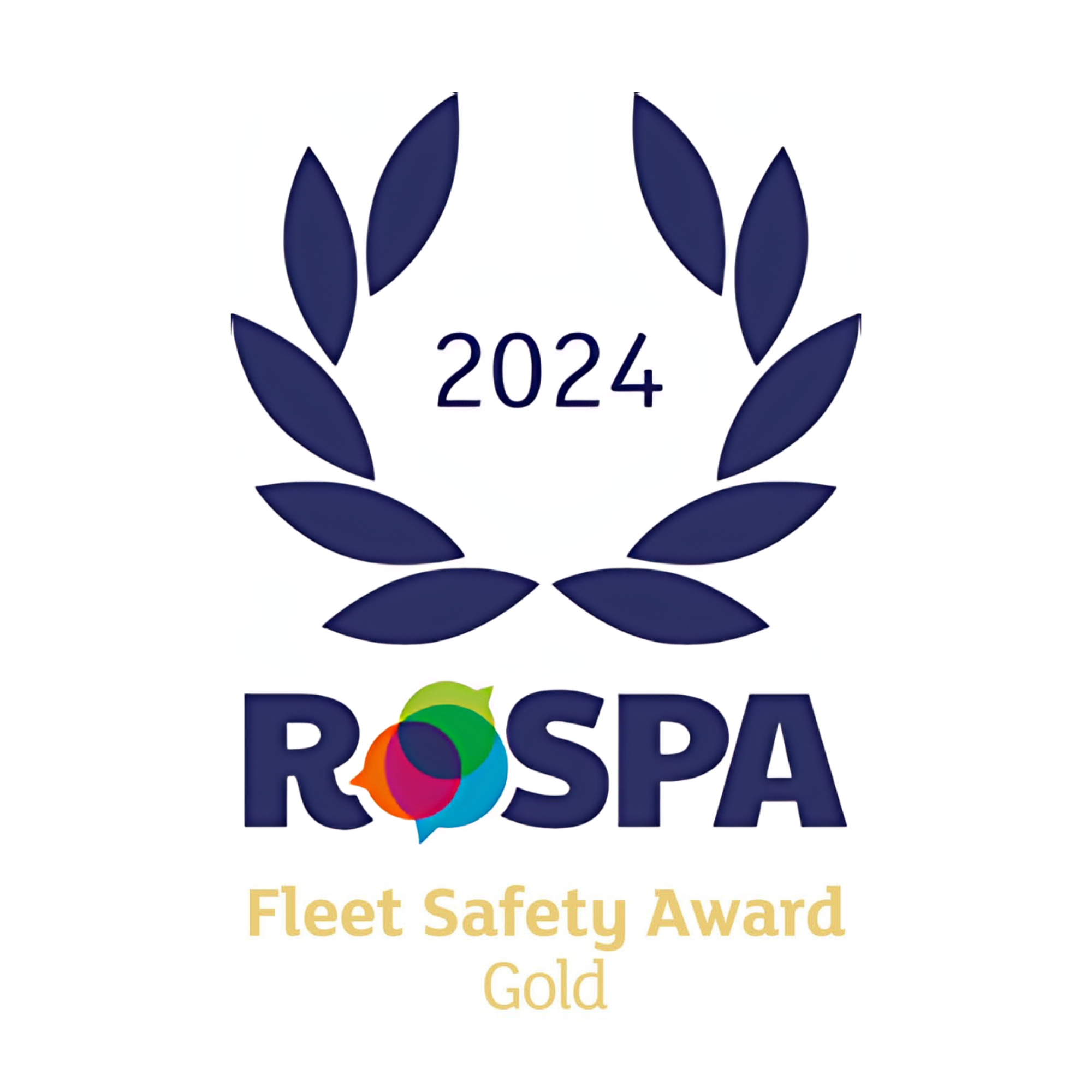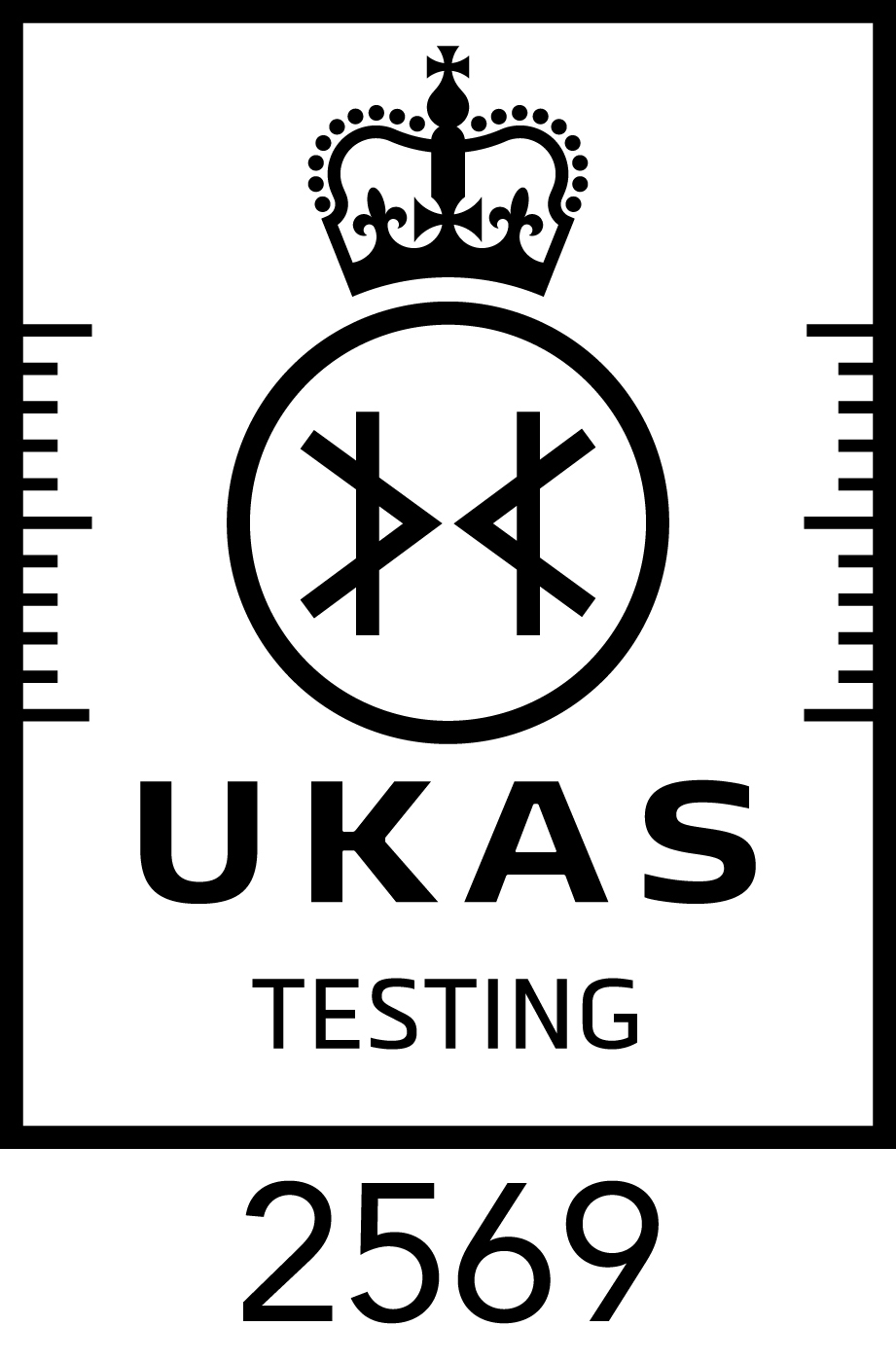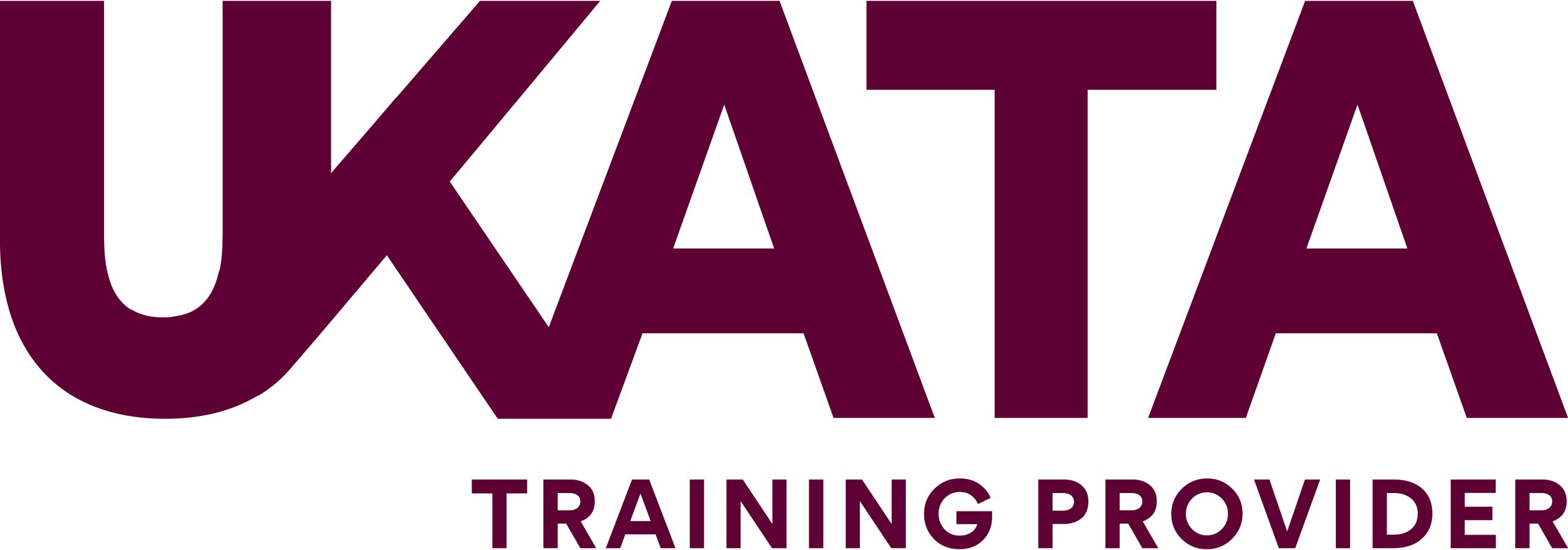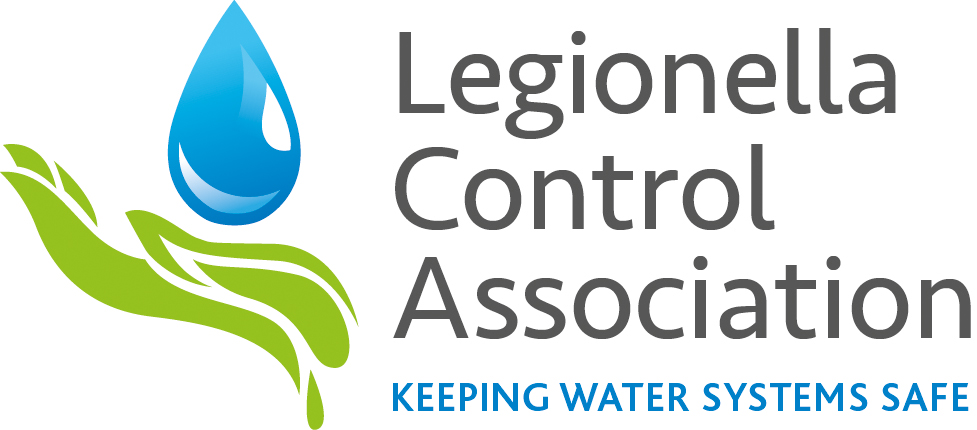Delta-Simons was instructed by Bransby Horses to undertake an Environmental Performance Review (EPR) at its site near Lincoln. The purpose of the EPR was to benchmark current performance and identify opportunities to reduce environmental impact; reduce operating costs; and provide positive and robust marketing material. The review was also designed to provide a starting point for the production of an environmental policy and/or management system.
Outline / Scope of Works
Our team undertook a site survey, interviews with key personnel and reviewed documentation such as utility bills. Across the site, we also inspected 14 separate buildings/areas, all of which had significantly different operations and requirements, ranging from stables to offices. The EPR focused on seven key areas, including: Energy Consumption; Water Consumption; Transport & Travel; Waste Management; Responsible Sourcing; Corporate Social Responsibility & Employee Engagement; and CO2eq Emissions.
Outcome
Overall, the EPR helped Bransby to identify and prioritise environmental issues, and highlighted opportunities to maximise cost savings across all operations – demonstrating potential savings in excess of £10,000pa.
Water was identified as a key consumable resource with Bransby providing drinking water for their horses using mains supply. Rainwater harvesting was was recommended by our team and estimated to provide savings of up to approximately £3,000pa, with roof space on the site able to meet the majority of their water demand.
Three hot water cylinders were identified to be in operation at the site. However, none were fitted with thermostats or timers – meaning that each was constantly running at maximum capacity. As recommended, Bransby has installed timers and thermostats in order to run at 60OC for a 12 hour period. This should result in estimated savings of up to approximately £5,000pa, with relatively little capital cost. In addition, it was noted that, in some cases, hot water was travelling large distances via bare pipework. It was recommended that all pipework associated with the hot water system should be insulated in order to minimise heat losses.
Conversion of existing dual T8 fluorescent lighting to more energy efficient single T5 units had an estimated annual saving of up to approximately £3,000pa. Other initiatives such as power management measures on PCs; more communal printing and IT equipment and efficient driving training for employees would result in additional savings.
A programme of employee awareness actions was recommended in order to engage staff and help drive behavioural changes. With a workforce consisting of full-time, part-time, temporary and voluntary personnel, employee engagement was identified as a key issue in the successful implementation of environmental policies.
